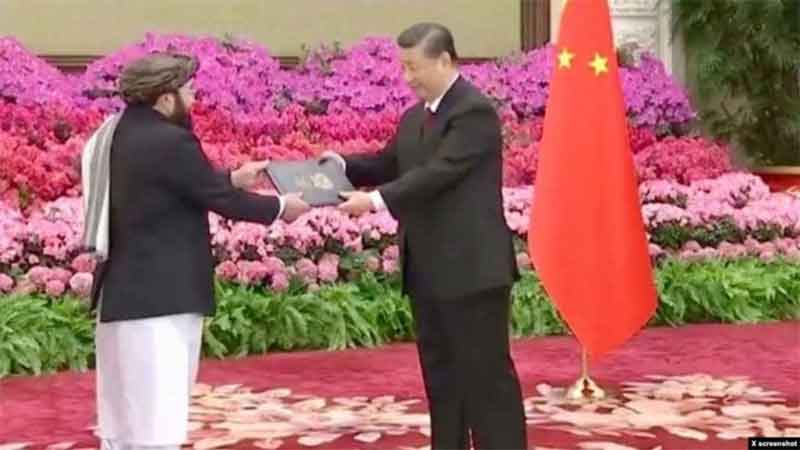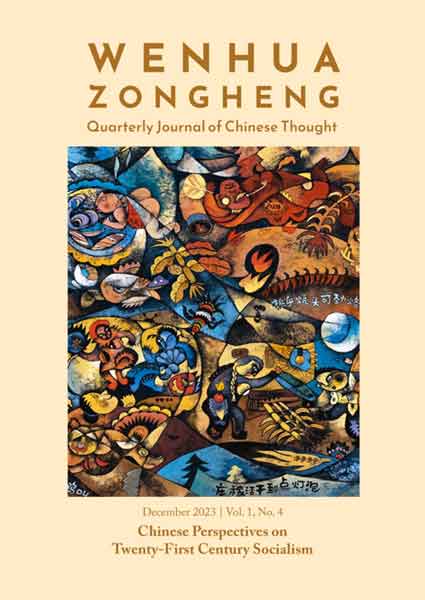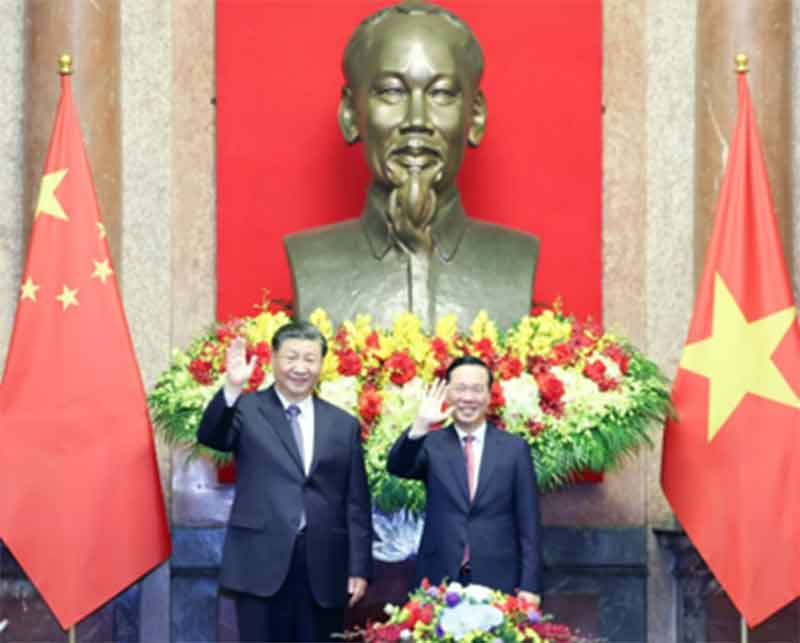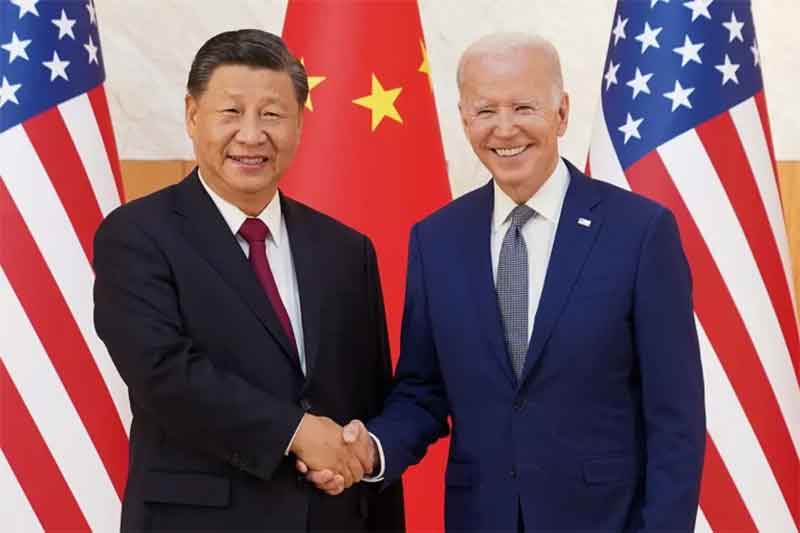
There are many western commentators who, apparently in profound dismay that a country which holds up the banner of socialism could be so economically successful, tiresomely deny that China practises socialism and insist that it is instead capitalist.
Author Jeff Brown wrote that China is “history’s most successful socialist and communist country.”
This conflation of communism and socialism is common but inaccurate. It fudges that, according to Marxist thought, socialism is an earlier stage in the process of reaching the end goal of communism.
That writer Ron Leighton (who) asserts in his piece that “China is Capitalist” is rather simplistic. Laissez faire capitalism, neoliberalism, and exploitation of other nations are antithetical to Chinese political-economic practice.
Dictionary Definitions
Socialism: “a theory or system of social organization that advocates the ownership and control of the means of production and distribution, capital, land, etc., by the community as a whole, usually through a centralized government.”
Communism: “a theory or system of social organization based on the holding of all property in common, actual ownership being ascribed to the community as a whole or to the state.”
Capitalism: “an economic system in which investment in and ownership of the means of production, distribution, and exchange of wealth is made and maintained chiefly by private individuals or corporations, especially as contrasted to cooperatively or state-owned means of wealth.”
Is there an extant purely capitalist society? What do hospitals, schools, the fire department, the police, military, etc represent? The fact is that capitalism, because of its proclivity to concentrate wealth in a few hands, could not survive in a society without wealth redistribution.
The Communist Party of China prioritized pulling all its citizens out of absolute poverty and achieved this in late 2021. What “capitalist” country has achieved this?
The Democratic People’s Republic of Korea — despite a scorched earth bombardment by the US, climatological disasters suffered, and continuous sanctions against it — has achieved tuition-free education for all, kindergarten through university; free preschool; universal healthcare; full employment; and universal housing. What capitalist countries have achieved this? In fact, my North Korean guide proudly opined that the DPRK was more socialist than China.
(We may note here: Countries with small populations, and a compact geography, like Cuba ( 1.09 lakh sq.km with about 11 million population) and North Korea (1.2 lakh sq.km with about 26 million population) , can have models that are not feasible for those countries like China (96 lakh sq.km with about 1426 million population) that is three times larger than India (32.87 lakh sq.km with about 1417 million population) that are continental in size and a variety of land mass, and having large populations, comprising of scores of ethnic groups. China has an additional problem: It has 7 percent of world’s farm land, but has to feed over 22% of world population. Despite the largest population to feed, China’s arable land is only around 120 million hectares, compared to India’s 156, USA 157.7, and Russia’s 121.6. In fact, this factor is one of the reasons China adopts its own model of socialism.)
China now strives toward becoming a xiaokang society, a moderately prosperous society — basically a society where almost everyone has attained a middle class level. This is hardly what one would expect to be prioritized under capitalism’s law of the jungle.
Unhindered, a system of socialism should function without need for capitalism.
Nonetheless, arguing about whether China is communist or capitalist is futile. China is neither.
If one wants to know what political-economic system China adheres to then check in with China’s chairman Xi Jinping. He states clearly in his book On the Governance of China that China follows and applies Marxist-Leninism to the Chinese context and that China is currently in the early stage of socialism, what Chinese call Socialism with Chinese Characteristics. The “Communist” in the Communist Party of China indicates the end goal, as Xi also makes clear in his book.
China emphasizes peace, the freedom for each nation to choose a system which best suits it, win-win commerce, and an improved life for people of all nations. It does not seek to impose a political-economic system on others, and it does not emphasize profit over people. Sounds quite distant from capitalism.
Kim Petersen is an independent writer and former co-editor of the Dissident Voice newsletter. He can be emailed at: kimohp at gmail.com.














































